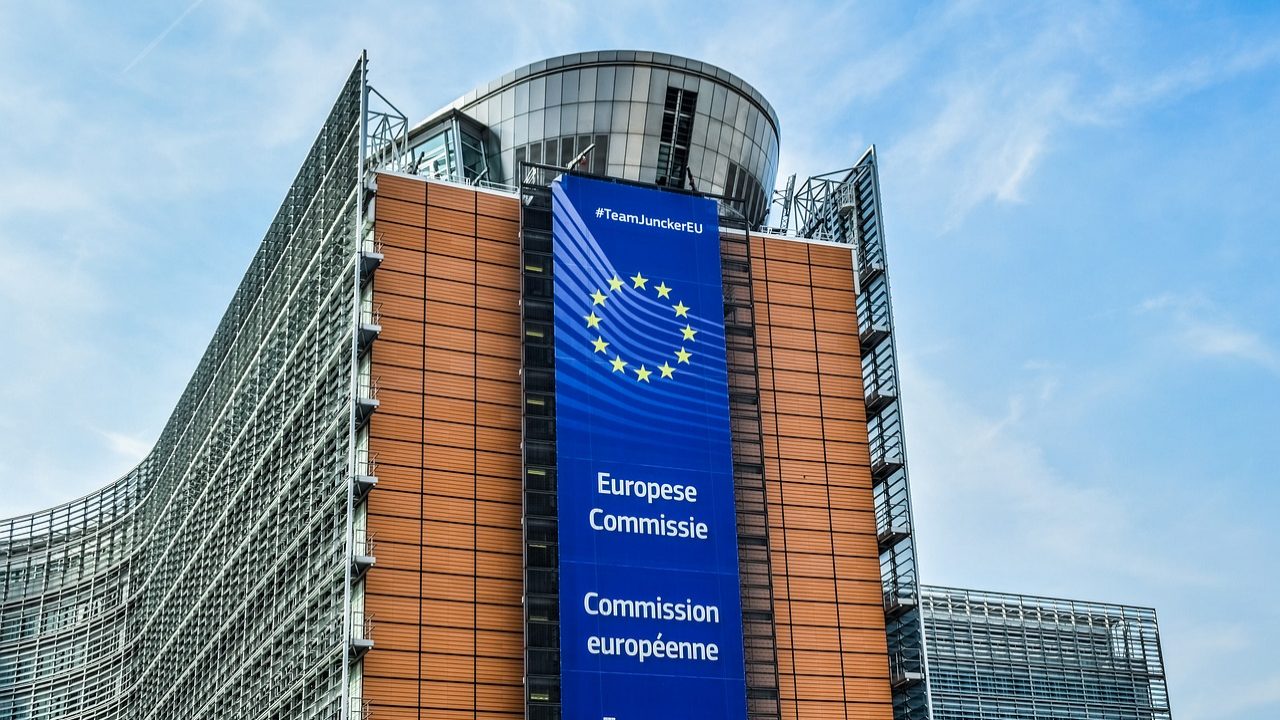Covid-19 pulls economy down 2.0% to 3.4% Q1 – estimates
According to recent estimates from ISEG, BBVA and Bankinter, Portugal's economy will fall between 2.0% and 3.4% in the first quarter.
The most recent estimates point to a fall in the economy of between 2.0% and 3.4%, quarter-on-quarter, due to the crisis associated with the Covid-19 pandemic, according to figures from ISEG, BBVA and Bankinter.
The lowest figure is predicted by the Higher Institute of Economics and Management (ISEG) of the University of Lisbon, which on Wednesday estimated an economic contraction between 2.0% and 2.5% in the first quarter of the year compared to the last quarter of 2019.
BBVA, whose economic outlook for Portugal of 2020 was published today, estimates a contraction of 2.5% of GDP, quarter-on-quarter, in the first quarter of 2020, also estimating that there will have been a decrease in household consumption of 1.9% in that period.
Bankinter, in an update of the economic outlook for Portugal, released this week, forecast a fall in GDP of 3.4% in the first quarter, with an accentuation of losses of 15.7% in the second, but “a strong recovery of quarter-on-quarter growth from the second half of 2020”.
A similar forecast was made today by BBVA, which anticipates that “the fall in activity during the second quarter will be significant”, hoping that “the recovery will also be intense from the third”, but in any case “insufficient to return immediately to the level of activity prior to the crisis.”
The bank warned that “key sectors such as the automobile, chemical, metallurgical and textile industries may be hampered in the recovery” due to the complexity of the value chain of their industries, with the manufacturing sector being “the one with the greatest dependence on imported materials.”
In the note released today, BBVA also pointed out that “Portugal is the second country with the highest proportion of temporary contracts in the euro area”, something that “increases the probability of a greater adjustment of activity”, with these groups being “more unprotected”, together with those who are not in the formal labour market.
The Basque bank forecast a recession of 6.5% for the year as a whole, while Bankinter revised its base scenario to a recession of 5.6% (it was 2.7% in the previous forecast of 31 March), with the pessimist of a drop of 8.5% and the optimistic of 2.7%, and the ISEG did not update its forecast (of a drop of 4% to 8% of GDP), referring it to later.
For 2021, BBVA expects a GDP recovery of 4.9%, and Bankinter’s base scenario assumes a recovery of 4.7%, with the most pessimistic at 5.9% and the optimistic at 3.0%.
As for the unemployment rate, BBVA expects it to reach 10.1% in 2020, falling to 8.3% in 2021, while Bankinter estimates an increase from 6.5% in 2019 to 10.5% in 2020, rising to 9.5% in 2021.


